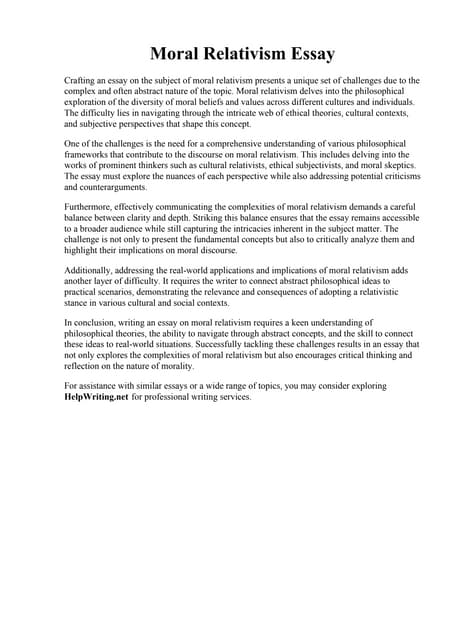[Revised entry by Valentin Goranko and Antje Rumberg on May 3, 2024.
Changes to: Main text, Bibliography, 1st-order-relational.html, axiomatic-ltl.html, burgess-xu.html, interdefine-hs.html, pbtl.html]
Broadly construed, Temporal Logic covers all formal approaches to representing and reasoning about time and temporal information. More narrowly, it usually refers to the modal-logic style approach introduced by Arthur Prior in the 1950s under the name Tense Logic and subsequently developed further by many logicians and computer scientists. Temporal Logic has been widely used as a formalism for clarifying philosophical issues about time, as a framework for defining the semantics of temporal expressions in…
Originally appeared on Stanford Encyclopedia of Philosophy Read More







